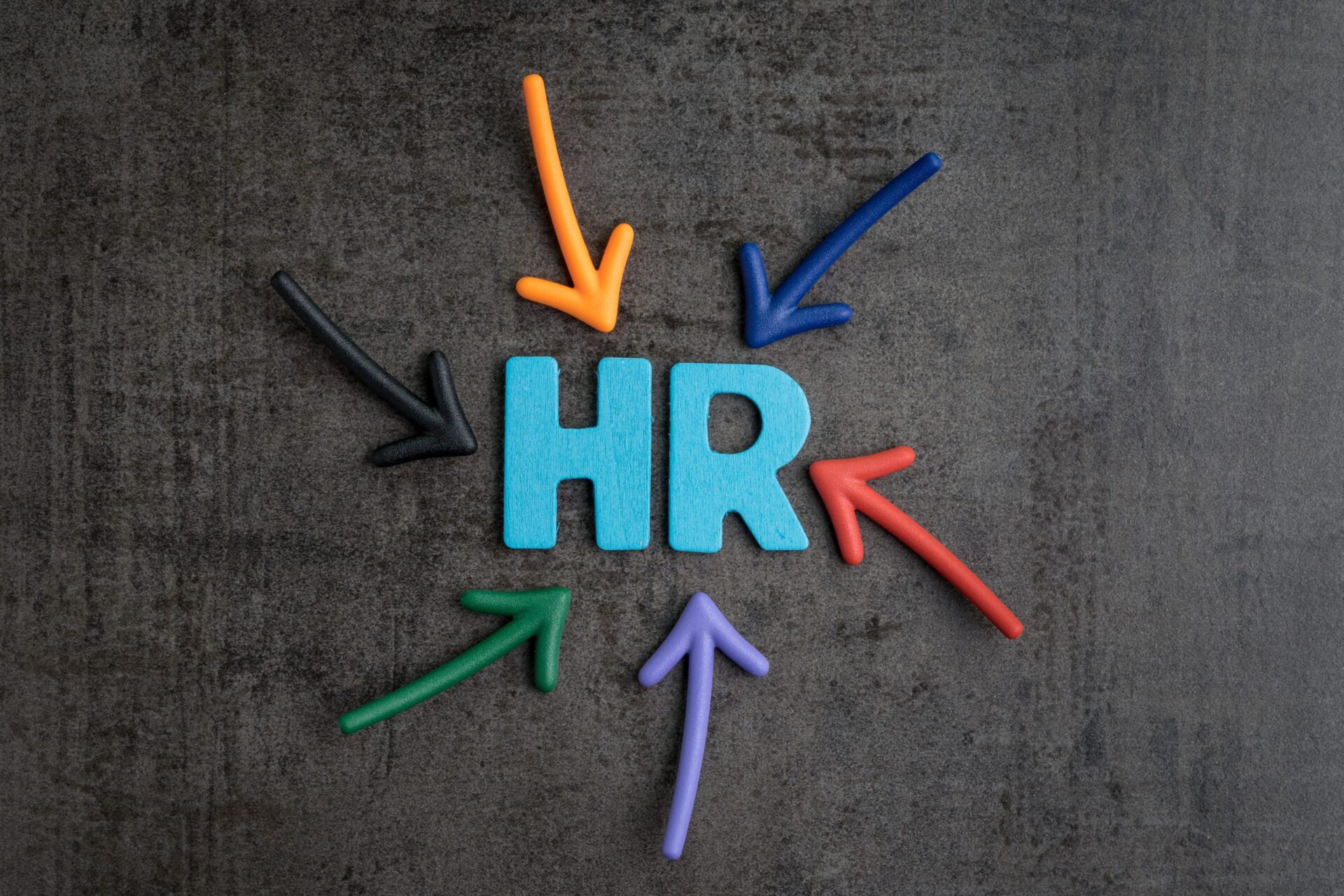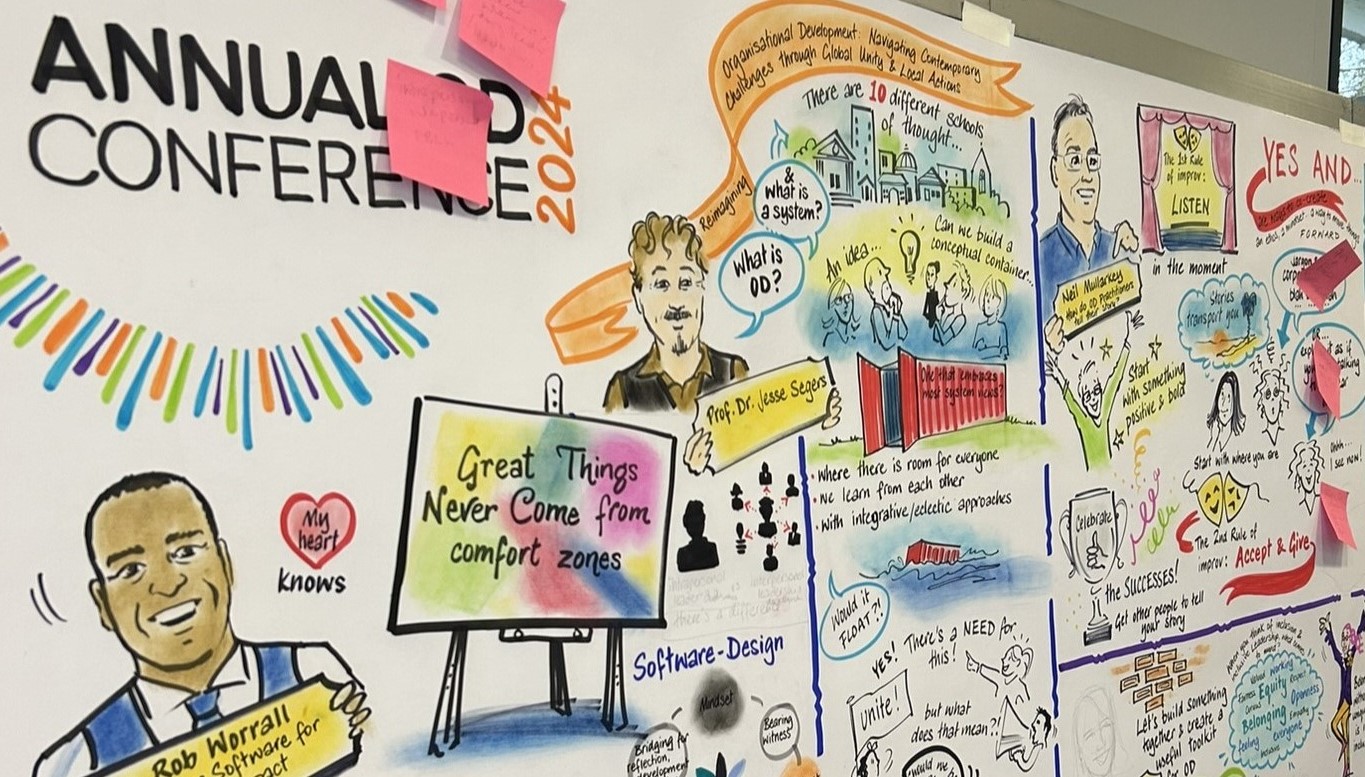When working with groups of HR business partners on our HR business partner training programmes, we usually start with discussion about what exactly is the role of an HR business partner followed by a self-assessment of essential skills.
What is an HR business partner?
There are many definitions of an HR business partner. In 2008 Ulrich & Brockbank gave a long and comprehensive definition:
“HRBPs collaborate with line leaders to ensure that their organisations deliver value to stakeholders by defining and delivering competitive strategies. They help shape the business strategy, conduct organisational diagnoses to determine which capabilities are most critical, design and deliver HR practices to accomplish strategy, coach business leaders to behave congruently with strategy, and manage the strategy development process.”
You may prefer the current and shorter CIPD definition:
“HRBPs work closely with business leaders and line manager to build capabilities, plan and manage talent, and develop approaches that achieve shared organisational objectives.”
It’s not surprising that many HR business partners, and the leaders and line managers they work with, struggle to simply and clearly articulate what is within the bounds of the role, and what is not.

We believe that that whilst textbook definitions such as those above are useful in broadly outlining the role, each organisation needs to develop a specific role description that factors in its own circumstances – such as the sophistication of technology, the resources in centres of excellence, and line manager skills. Perhaps most importantly that role description needs to make clear what is therefore expected of everyone involved – HR business partners, the HR function, leaders and line managers.
What are HR business partnering skills?

During self-assessment of essential skills (based on Kenton & Yarnall’s “HR – The Business Partner) there is often debate about what are the essential skills for an HR business partner now in 2018, and what may be the essential skills in, say, 2025 when the world of work is predicted to be radically different.
Our recently published A-Z guide of HR Business Partnering presents an eclectic mix of skills we feel are essential now and in the near future, based on our research, and years of experience of working with HR functions across all sectors and industries.
Many of the skills are the same as those that were highlighted when Ulrich first published “A New Mandate for Human Resources” in 1998, and are at the core of our work and programmes with HR business partners. For example:
- Business acumen – understanding the impact of the latest economic and financial news on an organisation
- Listening – being truly present and attentively listening to what is said, what is not said, and how it is said by others
- Questioning – skillfully selecting questions that can broaden or narrow, deepen or lighten a conversation
- Politics – navigating the ever present hidden agendas, shifting allegiances, and competition for resources that exist in all organisations
- Strategic thinking – protecting regular time and space to apply a long-term big-picture lens to priorities and planning
And yet many skills have only recently become part of the debate, are likely to become increasingly important, and are skills that HR business partners need to develop both for themselves, and for the leaders and line managers they work with. For example:
- Agility – “The ability to spot opportunities and threats, and act to implement change quickly”
- Data analytics – being able to make sense of the rapidly increasing amounts of data being generated by individuals and organisations
- Globalisation – facilitating work across globally diverse, virtual, cross-organisational teams
- Organisational Development mindset – thinking systemically and holistically, thinking about relationships and groups as well as the individual, thinking about culture as wells as capabilities
- Wellbeing – focusing on building physical and psychological wellbeing for self and others
So, in some ways the essential skills for HR business partners (and any other business partner from an internal function, such a finance or IT) are the same as they always were, and yet at the same time are changing and in the near future may include capabilities we have not yet imagined.
HR business partner skills development programme:
Custom programmes
Need to talk about your organisation about bespoke HR development? Get in touch today





